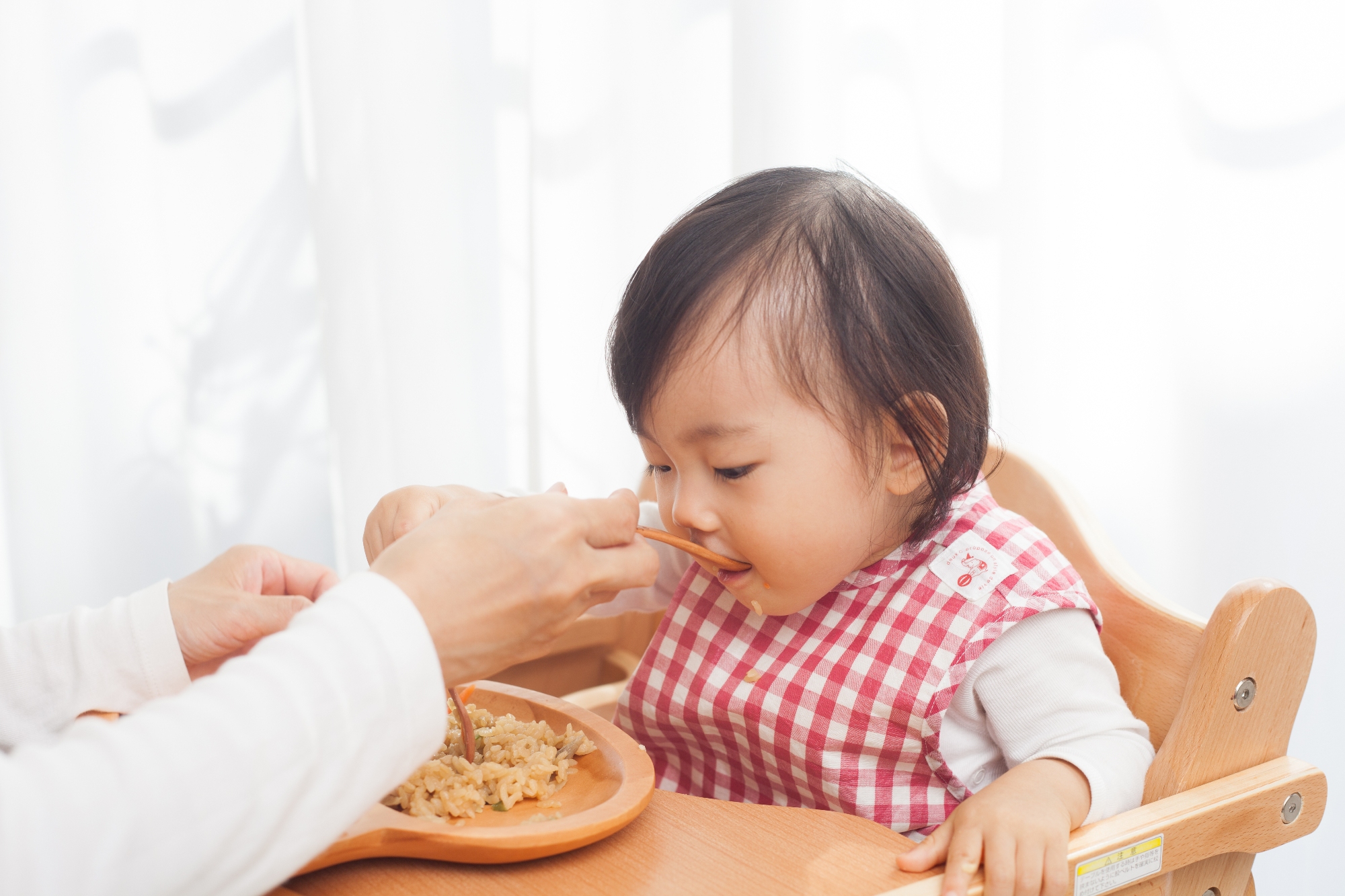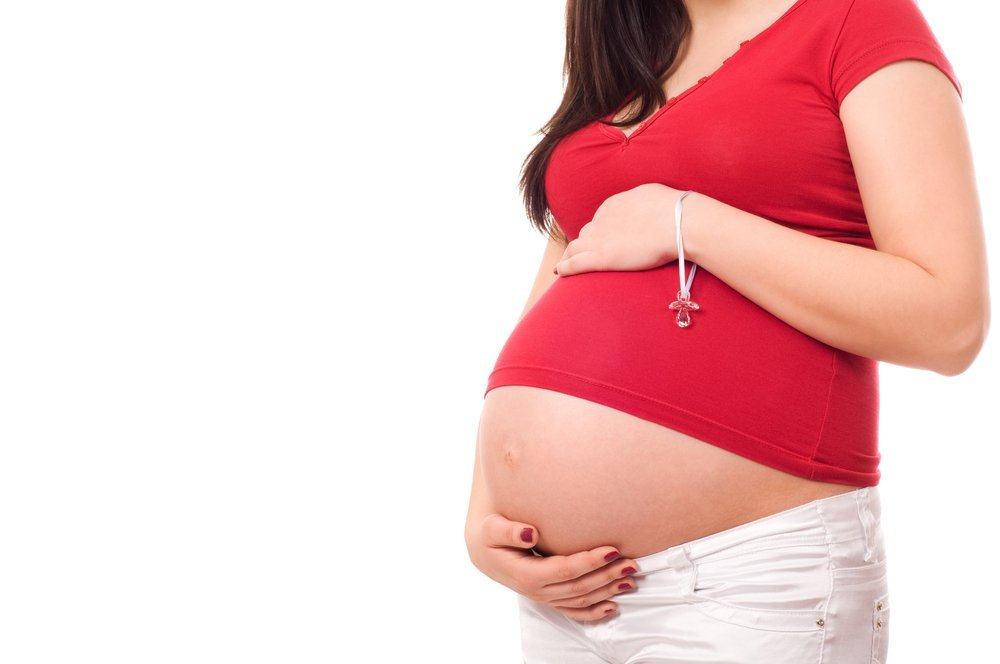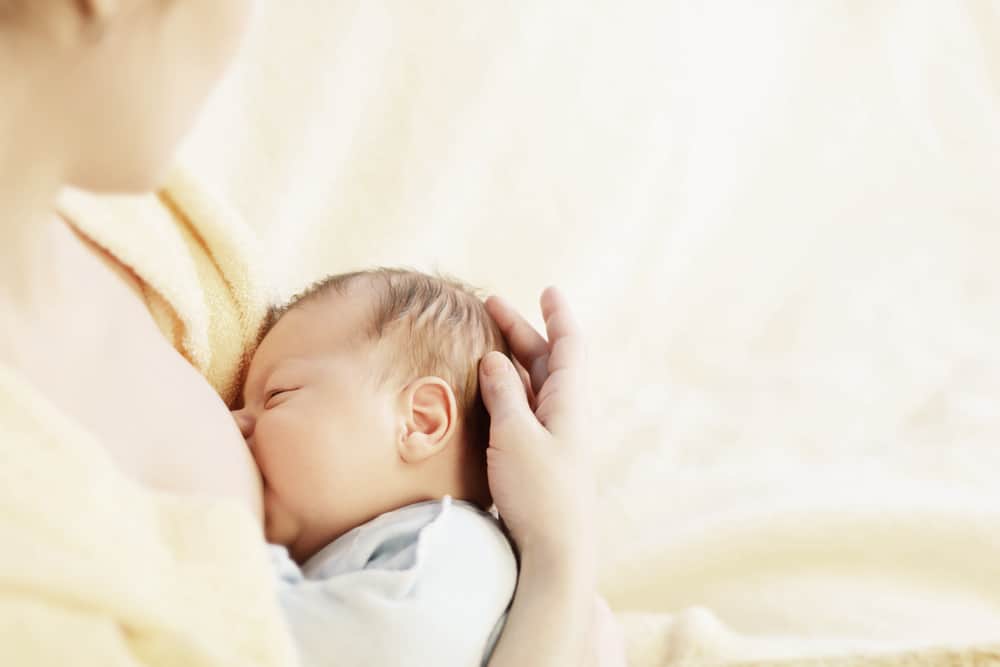Contents:
- Medical Video: YOUR BABY'S DEVELOPMENT AT WEEK 38 OF PREGNANCY SYMPTOMS & SIGN AT 38 WEEKS PREGNANT
- Development of Infants Aged 38 Weeks
- What should be the development of a baby on week 38?
- Health for babies aged 38 weeks
- What do I need to discuss with the doctor on week 38?
- Which must be considered
Medical Video: YOUR BABY'S DEVELOPMENT AT WEEK 38 OF PREGNANCY SYMPTOMS & SIGN AT 38 WEEKS PREGNANT
Development of Infants Aged 38 Weeks
What should be the development of a baby on week 38?
At week 38, babies can:
- Try to stand up from a sitting position
- Creeping or crawling
- Sit down after lying down
- Protest if you try to take the toy
- Stand holding on to someone or something
- Take small objects with other thumbs and fingers (keep dangerous objects out of the reach of children)
- Say "mama" or "chest" without stopping
- Playing cilukba
- Remember more specific information, such as where the toy is located
- Mimicking the action he had seen a week before.
Babies can now put objects in the box and take them out. Give a plastic bucket and a few colored blocks so the baby can practice this new skill. Make sure the object is not too small so the baby cannot put it in his mouth and swallow it. Babies also like toys whose parts can be moved, such as door knobs, levers, or open and closed doors. The big plastic cars that babies can ride on the floor are also fun toys.
If you take a toy from him, the baby who gets more assertive will protest. He will begin to be able to express his needs and desires. Suggestion: give the baby something new before you take the toy. About half of babies at this age will start passing games. Be a playmate. Try rolling the ball toward the baby and see if he will roll the ball back. Give baby toys stacked or stacked rings and see if he arranges or piles up or gives pieces of toys to you. Babies may also share food with you, so please accept this gift.
Health for babies aged 38 weeks
What do I need to discuss with the doctor on week 38?
Every doctor will have a separate approach to examine the baby. The order of physical examination, the number and type of assessment techniques and procedures will also vary depending on the individual needs of the child. You can expect these things to be examined:
- Physical examination, including checking the previous problem.
- Developmental assessment. The doctor may test a series of tests on the baby to evaluate the ability of the baby to sit alone, to rise up with or without help, to grab and hold objects, to scratch and take small objects, to look for falling or hidden objects, to respond to their names, to know words like "mama "," Daddy, "bye-bye", and "no", and enjoy social games such as applause and cilukba, or maybe just rely on observation and reports of baby activities.
Caring for a 38-week-old baby
There are a number of things you know:
Eat solid food yourself
Babies may breastfeed for only a few minutes at a time. He may appear uninterested or easily distracted while breastfeeding. Don't be surprised if the baby wants to breastfeed again, even though developmental changes sometimes reduce the interest of the temporary baby.
All babies will eat solid food naturally, but it is rare for them to do it before they are 9-10 months old. At this time, the baby may show signs of wanting to eat alone. You can start when you give breast substitutes regularly, including pumped breastmilk which is put in a bottle or formula milk and solid food.
Reduce the frequency of breastfeeding slowly, and offer alternatives to the baby. Start by not breastfeeding during the day, but only in the morning. Divert the baby's attention and he may forget and be satisfied with a bottle or a glass of pumped breast milk or formula milk.
Try to stand up
If the child's feet are not ready to support him, he will not stand first. Like most babies who have just learned to stand, he will be silent in a standing position until he falls. And this is the time for you to enter. As soon as you realize your child is feeling frustrated, help the child sit softly. Slowly he can get the idea to do it himself, which takes a few days, or a maximum of several weeks.
Which must be considered
What do you need to watch out for when your baby is 38 weeks old?
What needs to be considered in the second week of the 10th month:
Pick food
Below are specific tips for handling picky children:
- Let the child eat bread, cereal, bananas, or anything he likes.
- Add a portion of food if possible. Even though you may not force feeding the baby, there is no harm in trying to put it in secret.
- Ignore porridge. Babies look bored with porridge and ready for the next stage. Change to more dense foods and snacks that are soft enough for babies.
- Vary the menu, so it can trigger your baby's appetite.
- Turn things around. Maybe this is just a sign of being stubborn and independent of the baby so he can't sit quietly. Let him eat alone without being fed, and he may be happy to open his mouth to get new experiences so he finally doesn't reject bribes from you.
- Do not let the baby's appetite decrease. Many babies and toddlers eat very little because they drink too much juice, formula milk, or breast milk. Babies should drink no more than 120-180 ml of fruit juice and no more than 380-720 ml of formula milk (after the first birthday, cow's milk) in a day. If he wants to drink more than that, give water or juice mixed with water, in separate portions throughout the day.
- Give just one snack in the middle of the morning and one more time in the middle of the afternoon even though the baby eats very little at mealtime.
- Keep smiling. If you frown when the baby turns his face when he wants to be bribed, grumbles when the baby doesn't open his mouth, or spends half an hour trying to stuff a few tablespoons of food into the baby's closed mouth, while persuading him to eat, this will only make it difficult baby. Instead, create a comfortable and cheerful atmosphere to encourage babies to eat.
What is the growth of a baby at week 39?












